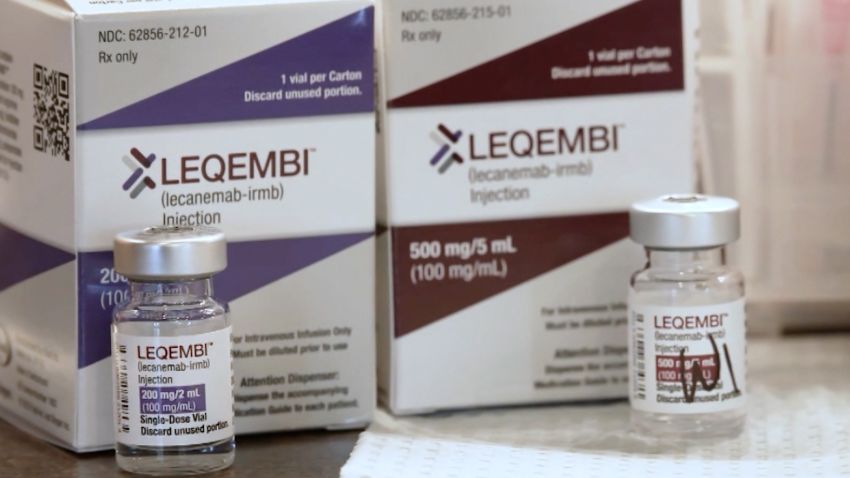The US Food and Drug Administration on Thursday granted full approval to the Alzheimer’s drug Leqembi, the first medicine proven to slow the course of the brain-wasting disease that leads to a gradual decline in memory, thinking and behaviour.
Trial data showed that the treatment slows progression of the brain-wasting disease by 27% for patients in the earliest stages of Alzheimer’s.
The Centers for Medicare and Medicaid Services said Thursday that it will now expand coverage of the drug, broadening access for up to an estimated million people with early forms of the disease, according to a CNN report.
The drug was approved only for people with early forms of Alzheimer’s disease, those with mild cognitive impairment or mild dementia who have been confirmed to have amyloid plaques in their brains. Dr. Lawrence Honig, a professor of neurology at Columbia University Irving Medical Center, estimates that group constitutes about a sixth of the more than 6 million Americans currently diagnosed with Alzheimer’s, CNN reported.
People with more advanced forms of the disease may not benefit from the drug, he said, and may face increased safety risks.
Japanese drugmaker Eisai received conditional approval from the FDA in January based on early results suggesting Leqembi worked by clearing a sticky brain plaque linked to the disease.
FDA confirmed those results by reviewing data from a larger, 1,800-patient study in which the drug slowed memory and thinking decline by about five months in those who got the treatment, compared to those who got a dummy drug.
Leqembi is priced at about $26,500 for a year’s supply of IVs every two weeks.
Eisai has told investors that about 100,000 Americans could be diagnosed and eligible to receive Leqembi by 2026. The drug is co-marketed with Cambridge, Massachusetts-based Biogen.




















